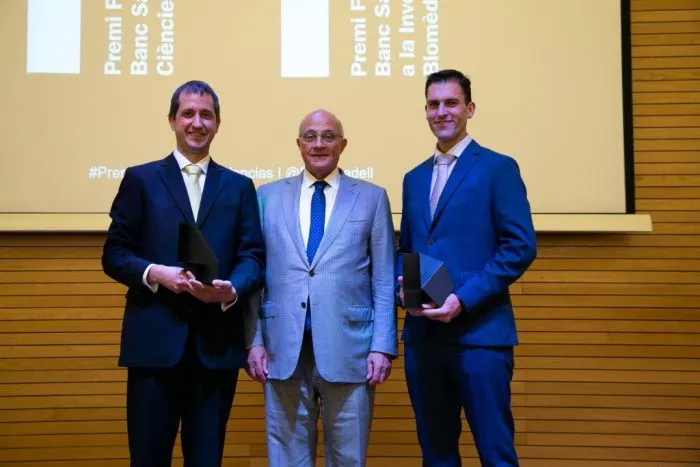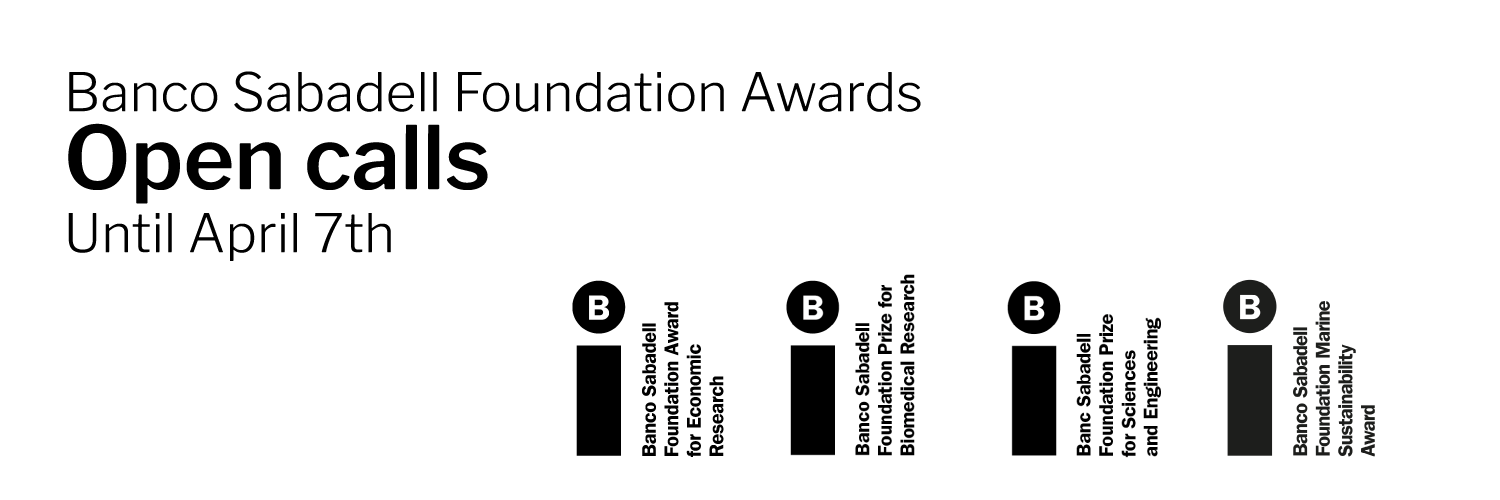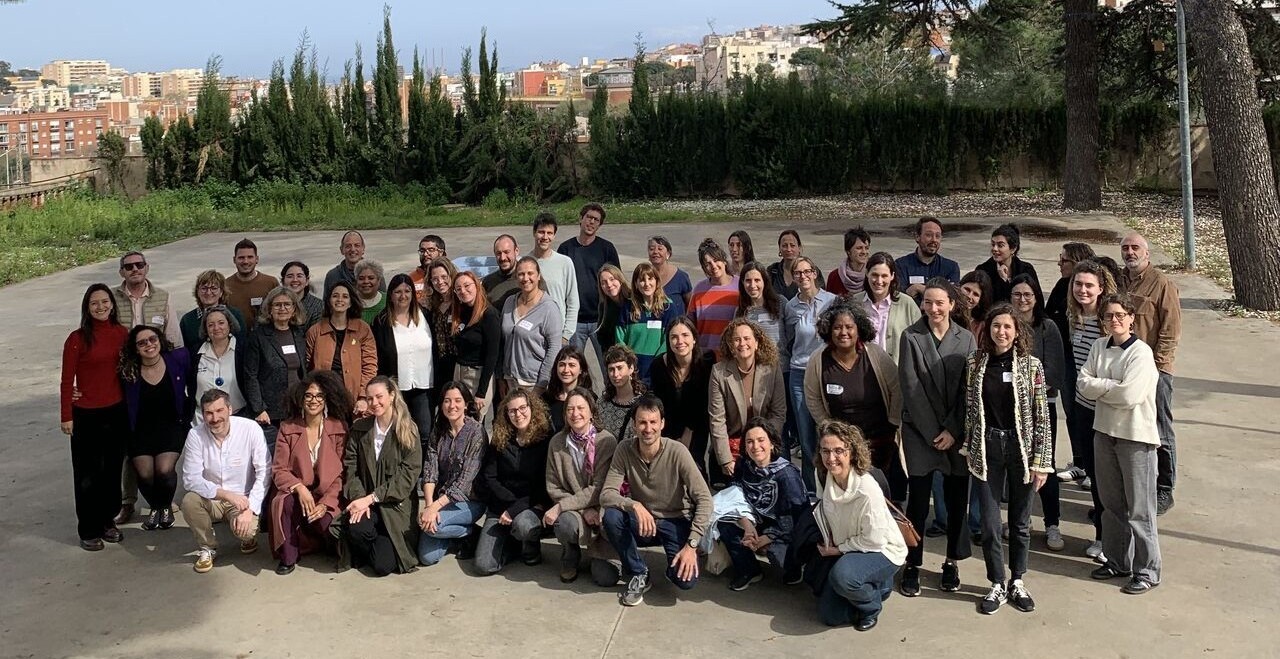Dr Arkaitz Carracedo Pérez, PhD in Biochemistry and Molecular Biology from the Complutense University of Madrid, has been recognised for his innovative contribution to the field of oncology by his pioneering work to understand the development of prostate cancer. //Prof David Pérez García, PhD in Mathematics from the Complutense University of Madrid, has been recognised for his contributions in Mathematics and Quantum Information, including the mathematical development of tensor theory applied to condensed matter. // Mr Josep Oliu, Banco Sabadell Chairman, has handed both awards, which give out €50,000 each, with the aim of recognising the career of young researchers living in Spain.

Barcelona, 2nd July 2019. Banco Sabadell Chairman, Mr Josep Oliu, has awarded the 14th Edition of Banco Sabadell Foundation Biomedical Research Award and the 3rd Edition of Banco Sabadell Foundation Award for Science and Engineering to Dr Arkaitz Carracedo Pérez and Prof David Pérez García. The award ceremony, which has taken place at the Banco Sabadell’s corporate centre in Sant Cugat del Vallès, has gathered winners of previous editions, members of both juries, institutional representatives, prominent figures of the medical, scientific and research community, as well as universities from across Spain and investors interested in research projects.
The jury of the 14th Edition of Banco Sabadell Foundation Biomedical Research Award, chaired by Dr Oscar Marín, has chosen Dr Arkaitz Carracedo Pérez for his innovative contribution to the field of oncology. Specifically, he completed pioneering work to understand the development of prostate cancer and has discovered molecular processes that open the door to new therapeutic strategies based on the inhibition of the metabolism of tumour cells. His research has managed to explain the action mechanisms associated with the response to anti-cancer treatments, as well as the molecular basis of tumour development. Dr Carracedo Pérez efforts go beyond research with a strategic commitment to knowledge sharing, whether in his role as university professor or through his socio-educational activities for the general public. Dr Arkaitz Carracedo Pérez has a PhD in Biochemistry and Molecular Biology from the Complutense University of Madrid. After a first postdoctoral stage at the New York and Boston lab of Prof Pier Paolo Pandolfi, he returned to Spain in 2010 to start his own independent research at CIC bioGUNE, with the initial support of the Ramón y Cajal programme and, since 2011, as Research Professor at Ikerbasque.
The Banco Sabadell Foundation Award for Science and Engineering has the collaboration of BIST (Barcelona Institute of Science and Technology), chaired by Prof Andreu Mas-Colell, an international authority in the scientific world and also chair of the award jury. Prof David Pérez García has won the award for his contributions in Mathematics and Quantum Information. He is a key authority in Physics and Mathematics and is recognised for his work that connects quantum information, Banach spaces and operator theory. The mathematical development of tensor theory applied to condensed matter and his major breakthroughs using operator theory to study Bell’s inequalities are among his main contributions. Finally, based on ideas from Gödel and Turing in the 1930s, he has managed to demonstrate the undecidability in Quantum Physics. Prof David Pérez García has a PhD in Mathematics from the Complutense University of Madrid and is a member of the Institute of Mathematical Sciences (ICMAT). After a few years at the Max Planck Institute of Quantum Optics, following his PhD, where he started to work on quantum information theories, he went back to the Complutense University in 2006 to establish the research team “Mathematics and Quantum Information,” which currently has 14 researchers. In 2018, he was appointed Corresponding Academician of the Royal Academy of Sciences.
About Banco Sabadell Foundation
Banco Sabadell Foundation was established as a private foundation in 1994 with the mission to stimulate excellence and promote cultural knowledge. Its aim is to promote research, training and outreach activities in the education, scientific and cultural fields, as well as encourage and support young talent.


